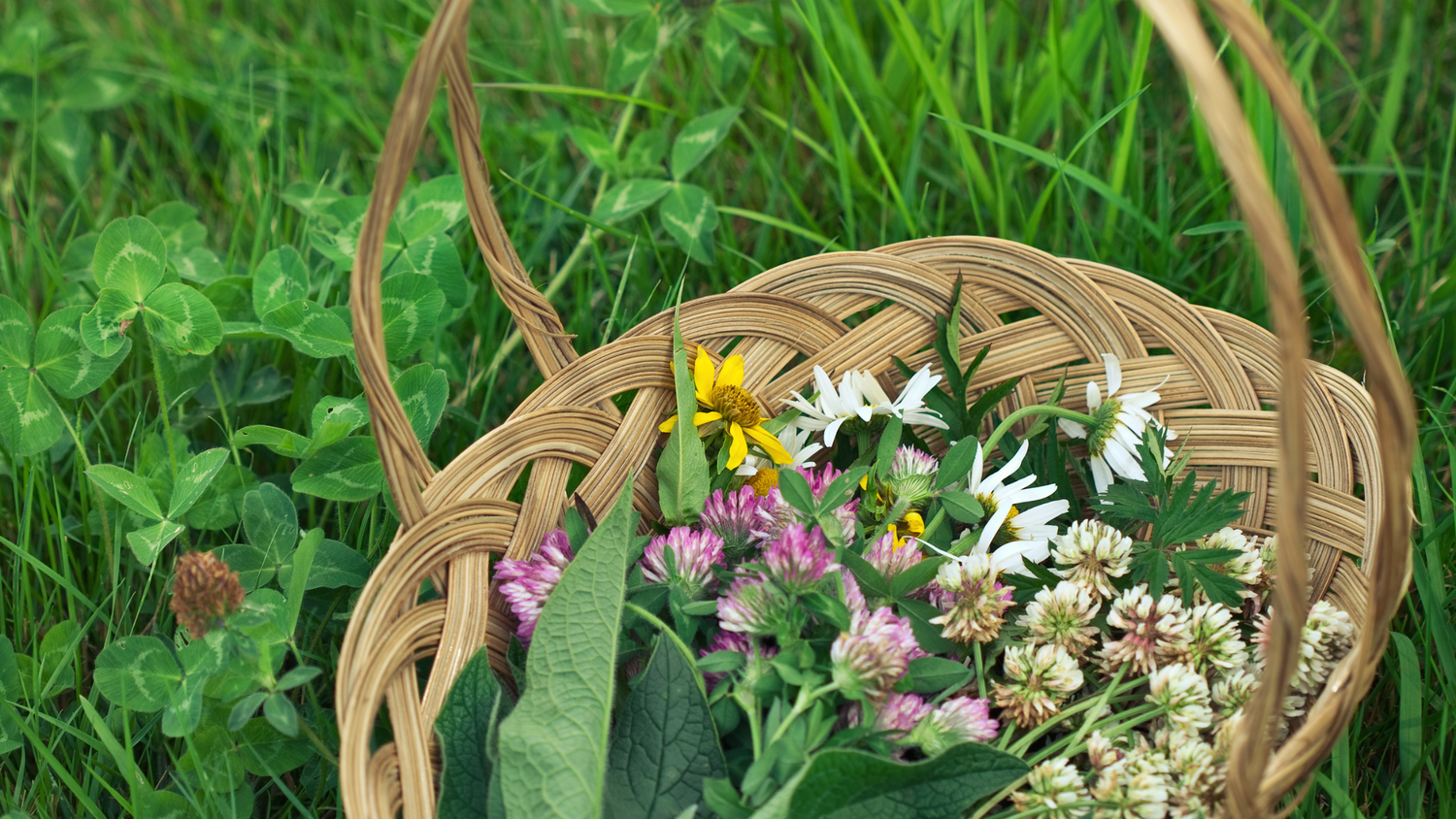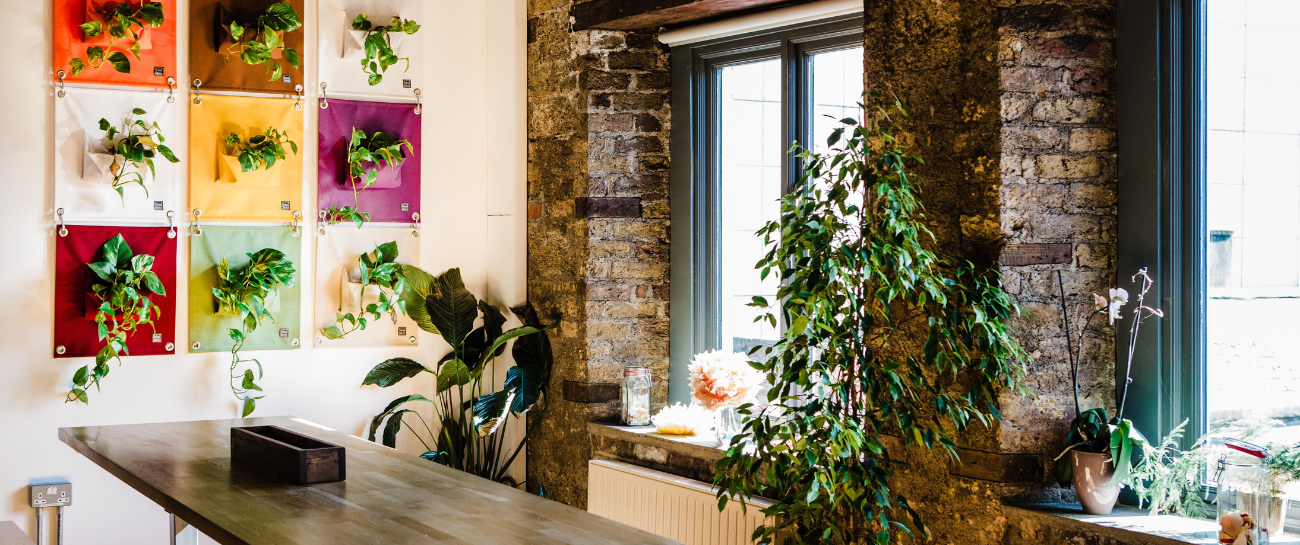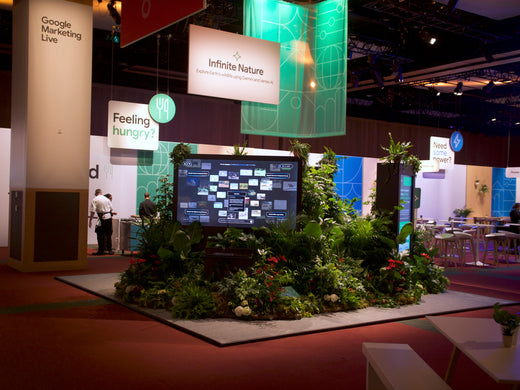Ugh, January, right?!...
The post-Christmas lull has truly set in and between early wake-up calls, grim weather and challenging resolutions, this time of year can feel like the fun is officially over, and winter might never end.
With many of us spending a large part of this month slogging away at their desks or working flat out to meet new year business or personal objectives, our morale and motivations can be at an all-time low.
Left unmanaged, this can lead to burnout that lasts well past the winter months, so we believe it’s time to consider implementing a vital self-care routine.
At Plant Store, we believe that the care we give to our plants isn’t all too dissimilar to the care we need to give ourselves.
Ultimately, plant care is self-care.
Here are 7 lessons we’ve learned about self-care from our foliaged friend 👇
Lesson 1: Hydration is key
What happens when you don’t water a plant? It can curl up, start to wither away and generally looks a little sad. This is because plants need water, just like all living things, to grow and stay alive. They use water directly when they capture the light energy of the sun and transform it into energy, in the glorious ceremony of photosynthesis. Humans are no different. Being well-hydrated is vital for our body to function; it helps improve our sleep quality, cognition and mood. It keeps our body temperature regulated, our joints lubricated and even helps prevent infection. Just like plants, we should establish our own watering schedule, making sure we get our recommended daily allowance every day to thrive and survive.

Lesson 2: Get lots of air and sunlight
We hear all the time about the importance of adequate light for our plants. This is because, just like water, plants need a certain amount of light for photosynthesis. Lack of light can cause a stunt in growth and in extreme cases can even be detrimental to the plant’s livelihood. Light also plays a starring role in human lives. There’s a reason why we usually feel our best selves on holiday. Regular sunlight and fresh air are beneficial for both our physical and mental wellbeing. As humans, we require Vitamin D, generated from sunlight, to keep our immune system functioning correctly and for strong & healthy bones, teeth and muscles. We need fresh air to not only help clear our heads but also to allow us to digest our food more effectively, keep our blood pressure and heart rate in a healthy range and yes you guessed, to strengthen our immune system.

Lesson 3: Make sure you are getting enough essential nutrients
To be able to grow, develop, and produce at their best, plants must have specific elements or compounds called essential plant nutrients. A plant that lacks an essential nutrient cannot complete its life cycle—the seed may not germinate; the plant may not be able to develop roots, stems, leaves, or flowers properly; or it may not be able to produce seeds to create new plants. Often the plant itself will die. As humans, the effects of poor nutrition can be seen almost instantly. We might feel sluggish, tired, lacking in energy. We might gain weight, lack concentration or feel bloated. And in some extreme cases, poor nutrition can lead to some pretty severe conditions. To keep us healthy and feeling good, we require an adequate amount of key nutrients daily.

Lesson 4: Know that it's possible to perk up after you wilt
You know that magic moment when you think a particular plant is a goner. You’re about to give up, but something inside you tells you to try one more time to bring it back to life. And it works!! It’s Incredible- you hear music and fireworks. The Peace Lily plant is an excellent example of this. Known widely as one of the most low-maintenance houseplants, they will let you know when they need some attention with their drooping leaves, but after a healthy helping of water, they quickly perk right back up. Just like plants, humans can come back from difficult times. If we give ourselves enough support, love, care & attention and believe in ourselves, we too can bounce back.

Lesson 5: Give yourself the right conditions to thrive
If you grow a sun plant in shade or a shade plant in the sun, they’re not going to thrive. And often, if you move a dying plant to its correct environment, it can make a comeback. The environment we live in is so vital to the wellbeing of both plants and humans. Plants that receive the right care and attention, thrive. Take a leaf out of your plant’s book (excuse the pun) and have a think about what conditions do you require to thrive? What does your ideal environment look like? What things do you need to feel your best? Use the answers to these questions to help you establish a personalised self-care routine.

Lesson 6: Cut off "dead weight" that is weighing you down
Have you ever had a plant that looks like it has had its day and then you give it a little prune/ tidy-up and it’s like as if by magic, it’s a totally different plant! The same applies to humans. When we remove the toxic things in our lives, we feel better, inside and out! We start to feel lighter. This month, set some time aside to assess what is weighing you down and what you can afford to cut loose.

Lesson 7: Tailor your care depending on the "season"
As the seasons’ change, plants go through periods of both growth and rest. And not only that, but the way we care for plants can rely on what time of the year it is.
In the warmer summer months, plants might require less direct sunlight and more water. In the spring, many plants go through periods of regrowth or growth spurts and may need a helping hand with some fertiliser. In the winter, most indoor plants go into hibernation mode. Growth slows down and they require less water and maybe a little more light. It can be important to remember that humans go through periods of change. We require different care depending on what “season” we are in. Take time each day to check-in with yourself and determine how you are feeling and what you need at that particular moment in time.
If you enjoyed this blog, why not check out some of our similar posts:
- 5 Indoor Plants that will Boost Your Wellness & Happiness at Home
- 3 Powerful Health Benefits of Plants
- The Ultimate Guide to Becoming a Greener Gardener
Wait! Before you go- join the plant party over on social!






